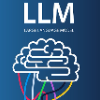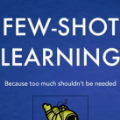Few-shot learning has been studied to adapt models to tasks with very few samples. It holds profound significance, particularly in clinical tasks, due to the high annotation cost of medical images. Several works have explored few-shot learning on medical images, yet they still require a large number of medical images for pre-training models to gain domain-specific priors. Vision foundation models recently have achieved remarkable success in natural images. Hence, adapting rapidly advancing vision foundation models from natural images to few-shot clinical tasks holds great promise. MedFMC has recently organized a challenge to shed more light on this topic at NeurIPS 2023. In this work, we present our challenge solution. We observe that a simple variant of fine-tuning with partial freezing shows remarkable performance. Empirical evidence demonstrates that this approach could outperform various common fine-tuning methods under limited sample sizes. Additionally, we explore enhanced utilization of semantic supervision to boost performance. We propose a novel approach that contextualizes labels via large language models (LLMs). Our findings reveal that the context generated by LLMs significantly enhances the discrimination of semantic embeddings for similar categories, resulting in a notable performance improvement of 3%-5% in 1-shot settings compared to commonly employed one-hot labels and other semantic supervision methods. Our solution secures the 1st place in the MedFMC challenge.
翻译:暂无翻译





